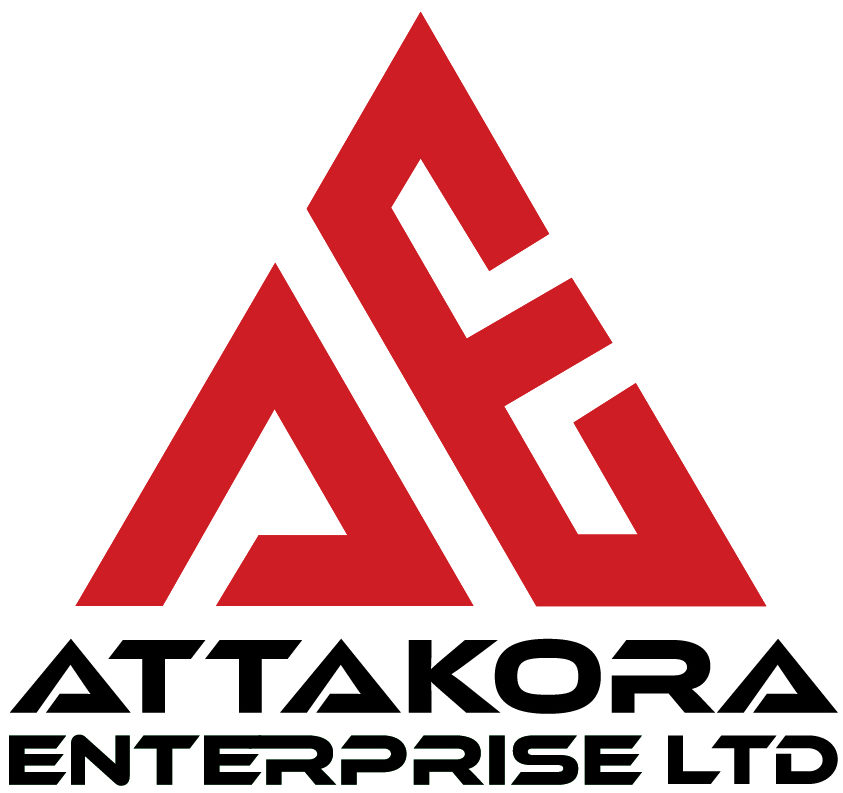Rates and Lenders
Attakora Enterprise is constantly monitoring mortgage rates to offer the lowest interest rates available for every mortgage solution.
| Mortgage Rates | ||
| TERM | FIXED | VARIABLE |
| 1-YEAR | 1.84% | |
| 2-YEAR | 1.54% | |
| 3-YEAR | 1.44% | 0.99% |
| 4-YEAR | 1.69% | |
| 5-YEAR | 1.79% | 1.20% |
| 7-YEAR | 2.44% | |
| 10-YEAR | 2.74% |
Terms and Rates
TERMS
The term of a mortgage is the length of time a lender will loan mortgage funds to a borrower. This duration can be from six months to ten years, with two to five years being the most common. Generally, the shorter the duration of a mortgage term, the lower the interest rate, and the less it costs to borrow the money. At the end of each term, you will either pay off the balance owing or renegotiate the mortgage for another term until the entire mortgage is paid back.
It can take a long time to completely pay off your mortgage – usually from 15 to 25 years. The process of fully paying off your loan by installments of principal and interest over a definite period of time is called Amortization. In recent years, mortgage lenders have offered consumers longer amortization periods of 30, 35 and 40 years.
Short Term
Short term agreements or mortgage contracts are usually for two years or less. Short term mortgages offer a lower cost of borrowing (interest rate) than a longer term. People who believe that interest rates are currently higher than they will be in the future generally choose a short term mortgage. They anticipate that interest rates will be lower at the time of renewal.
Long Term
Long term agreements are generally for three years or more. Long-term mortgages cost a bit more than short-term mortgages, so the interest rate will be higher. A higher interest rate appeals to borrowers who value the stability and predictability of fixed expenses over a set period of time. A stable mortgage payment is easier to budget and offers peace of mind.
There are many ways of repaying your mortgage. Some people find comfort in a pre-determined fixed rate – it helps them budget and plan for other things in their life. Some people desire more flexibility in their repayment – their circumstances might include fluctuations in their cash flow, and they may want to make larger payments whenever possible. Different kinds of mortgages appeal to the different types of borrowers. Your mortgage professional can help you decide what is best for you.
RATES
An interest rate is the amount of interest charged on a loan, expressed as a percentage. It is based either on the rate the Bank of Canada charges lenders to lend money or on bond yields. Interest rates are generally lower if you borrow money for a short period of time and higher if you borrow the money for a longer period of time. The interest is usually paid as part of your regular mortgage payment along with an amount paid to principal. This is referred to as a “blended principal and interest payment”.
Fixed Rate Mortgage
When you agree to a fixed rate mortgage, your interest rate will not change during the term of your mortgage. There are no surprises as you’ll always know exactly how much your payments will be and how much of your mortgage will be paid off at by the end of your term. At the end of the term, if there is still a balance and time left on your amortization period, the lender will normally offer a renewal with a choice of a new term and the interest rate available at that time.
Variable/Adjustable Rate Mortgage
When you agree to a fluctuating interest rate for the length of the term, then you have a variable rate mortgage. Interest rates fluctuate with the bank’s prime lending rate, and may vary from month to month. When interest rates change, your payment amount remains the same, however, the amount that is applied to the principal will change. For example, if interest rates drop, more of your mortgage payment is applied to the principal balance owing. With some lenders, if the interest rate changes, the payment amount will automatically change to reflect the change in the interest portion of the payment.
With an adjustable rate mortgage, the payment will automatically adjust when there is a change in the prime interest rate. This will ensure that enough money will be paid toward the principal amount each payment to have the mortgage paid off at the end of the amortization term. Whether your lender refers to it as a variable rate or an adjustable rate mortgage, it is important for the borrower to understand if the payment will automatically change, or if the payment will remain the same when the interest rate changes. The variable rate (adjustable rate) mortgage is an option for homeowners who believe that interest rates are currently high and will drop.
Lenders
- Aveo CMLS
- CMLS Financial
- DUCA
- Equitable Bank A Side
- Equitable Bank Alternate Solutions
- First National Excalibur
- First National Financial
- Hometrust A Side
- Hometrust Alternate
- Hometrust Bank
- Lendwise
- Marathon Mortgage
- NPX
- RFA Mortgages
- Radius Financial
- Peoples
- IC Savings
